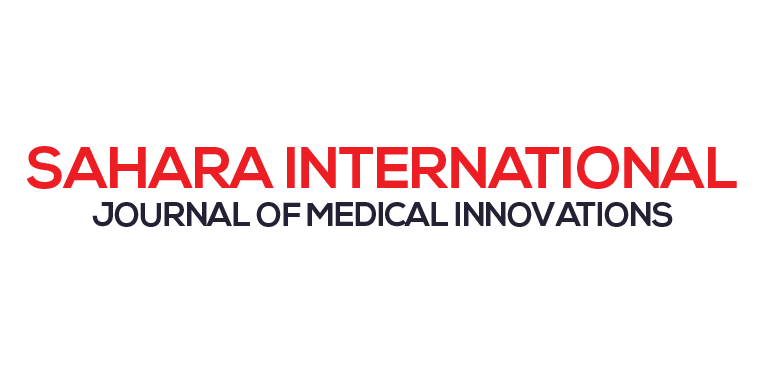Department of Microbiology
You’ll develop the cultural awareness and critical thinking skills you need to analyze and produce a broad range of discourse in a full spectrum of careers — and to make a difference in whatever you do.
- 2 Years / Onsite
- Intakes: Jan, Apr, Jun, Oct
Overview
The Department of Microbiology at Sahara University offers a comprehensive curriculum that covers all aspects of the field of microbiology. The department offers both a major and a minor in microbiology, as well as a variety of courses that cover topics such as immunology, infectious diseases, food microbiology, and environmental microbiology.
Career Opportunities
Microbiologists typically work in research and development, quality control, or teaching. They may also work in applied research in the pharmaceutical or biotechnology industries, food and beverage production, or environmental science. Many microbiologists work in government agencies, such as the National Institutes of Health or the Centers for Disease Control and Prevention.
Program Learning Outcomes
1. Understand basic concepts in microbiology including microbial diversity, structure and function, metabolism, ecology, and pathogenesis.
2. Understand the general principles of immunology and be able to apply them to the study of infectious diseases.
3. Understand the principles of molecular biology and be able to apply them to the study of microorganisms.
4. Understand the principles of epidemiology and be able to apply them to the study of infectious diseases.
5. Be able to effectively communicate scientific information verbally and in writing.
6. Be able to effectively use computers and other technology for data collection, analysis, and presentation.
7. Be able to work effectively as part of a team.
8. Be able to design and conduct experiments to test hypotheses.
9. Be able to critically analyze and interpret scientific data.
10. Be able to use scientific literature to keep up with current advances in the field of microbiology.
Programme
| Semester 1 | Credits | Number |
|---|---|---|
| Rhetoric & the Public Sphere | 4 | ESTU 203 |
| Communication & Everyday Life | 2 | ESTU 340 |
| Critical & Rhetorical Methods | 4 | ESTU 657 |
| Semester 2 | Credits | Number |
|---|---|---|
| Relational Communication | 4 | ESTU 768 |
| Public Relations Campaigns | 4 | ESTU 432 |
| Rhetoric of Social Movements | 2 | ESTU 873 |
| Semester 3 | Credits | Number |
|---|---|---|
| Rhetoric & the Public Sphere | 4 | ESTU 203 |
| Communication & Everyday Life | 2 | ESTU 340 |
| Critical & Rhetorical Methods | 4 | ESTU 657 |
| Semester 4 | Credits | Number |
|---|---|---|
| Relational Communication | 4 | ESTU 768 |
| Public Relations Campaigns | 4 | ESTU 432 |
| Rhetoric of Social Movements | 2 | ESTU 873 |
| Total for the entire period of study | 40 |
Eligibility Criteria
BS(04YEAR):
45% in F.Sc.
(Pre-Medical)
How to Apply?
- You Apply
Tell us a little about yourself and we’ll help with the rest. Our convenient online application tool only takes 10 minutes to complete.
- We Connect
After you submit your application, an admissions representative will contact you and will help you to complete the process.
- You Get Ready
Once you’ve completed your application and connected with an admissions representative, you’re ready to create your schedule.
